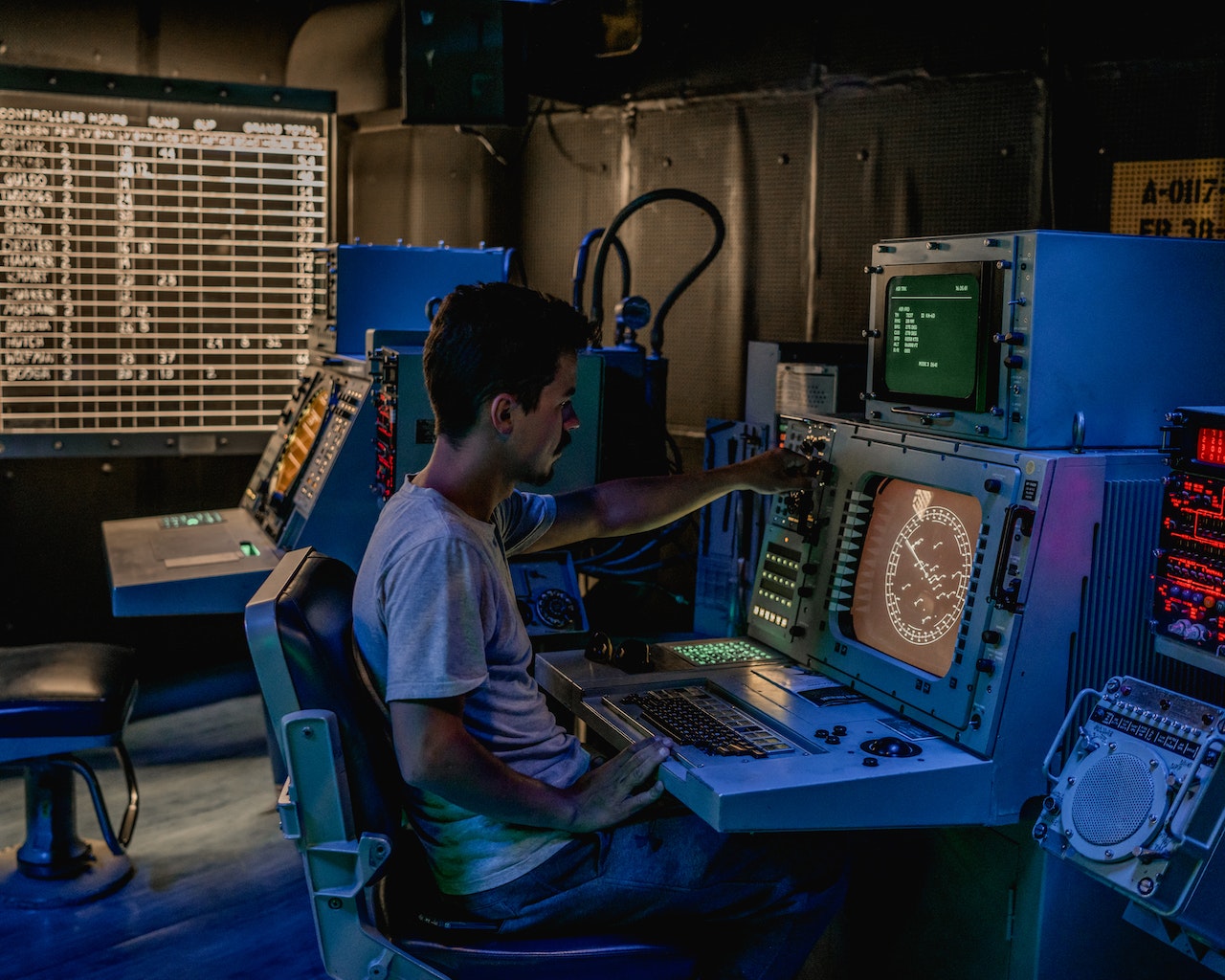How is the field of computer science changing?
Published

The field of computer science is becoming increasingly important as the economy becomes increasingly dependent on computers and the Internet. As part of this process, computer hardware and software become more powerful and sophisticated. Because changes are occurring so quickly, it is difficult to predict where the field of computer science will evolve in the next 10 to 20 years. In the foreseeable future, the field of computer science will change dramatically.
Computer architecture
Classic computer architecture has been around since the 1920s, when large mainframe computers were programmed with punch cards and rolls of paper. Since the invention of computers, processors have performed sequential operations on binary data called bits. In the classical computer, bits of data are processed by a central processing unit that works with main memory to perform basic operations such as addition, subtraction, division and multiplication. Over the years, processing speed and power has increased exponentially from its humble beginnings. In 1940, the world's most powerful computer would have taken six months to produce an answer that could be calculated in seconds on today's hardware.
Since the curve of technological progress is exponential, it is difficult to predict the relatively near future. High-end computer hardware today is capable of rendering realistic 3D graphics for video games and computer animations in real time. The next phase of computer hardware technology will be quantum computing, with hardware that can process many sequences of data simultaneously. As computer technology moves past the early, flat portion of the exponential curve and approaches the vertical portion, one can expect technology to change in radical ways.
Software development
One of the most important aspects of computer science is the concept of reuse. It allows programmers around the world to collaborate by making standard implementations of code available to the public in the form of libraries and utilities. As the nature of software development has changed from the object-oriented programming of the 1980s to the machine learning and scripting of the present, programmers have an ever-increasing number of standard code implementations to include in their programs. Because these libraries and utilities save programmers time and effort and make their code more understandable, the software can be built more easily and quickly.
Career prospects
According to the Bureau of Labor Statistics, the computer science field is projected to grow 21% through 2028, making it one of the fastest-growing professions in the global economy. The job outlook for programmers will change as companies hire less-skilled workers from abroad for routine tasks and applicants from around the world compete for top jobs at major U.S. companies. Programming jobs will become increasingly specialized as the field of computer science becomes more sophisticated. Many jobs will be automated as artificial intelligence becomes smart enough to handle routine tasks. Programmers will still be needed to build websites and applications with intelligent software, although fewer members will be needed for teams working on simple projects.
Most jobs in the near future will require computer programming skills, and the skills required for software engineering jobs will change dramatically as technology advances. The field of computer science will become increasingly important, more demanding and more specialized in the coming years.








